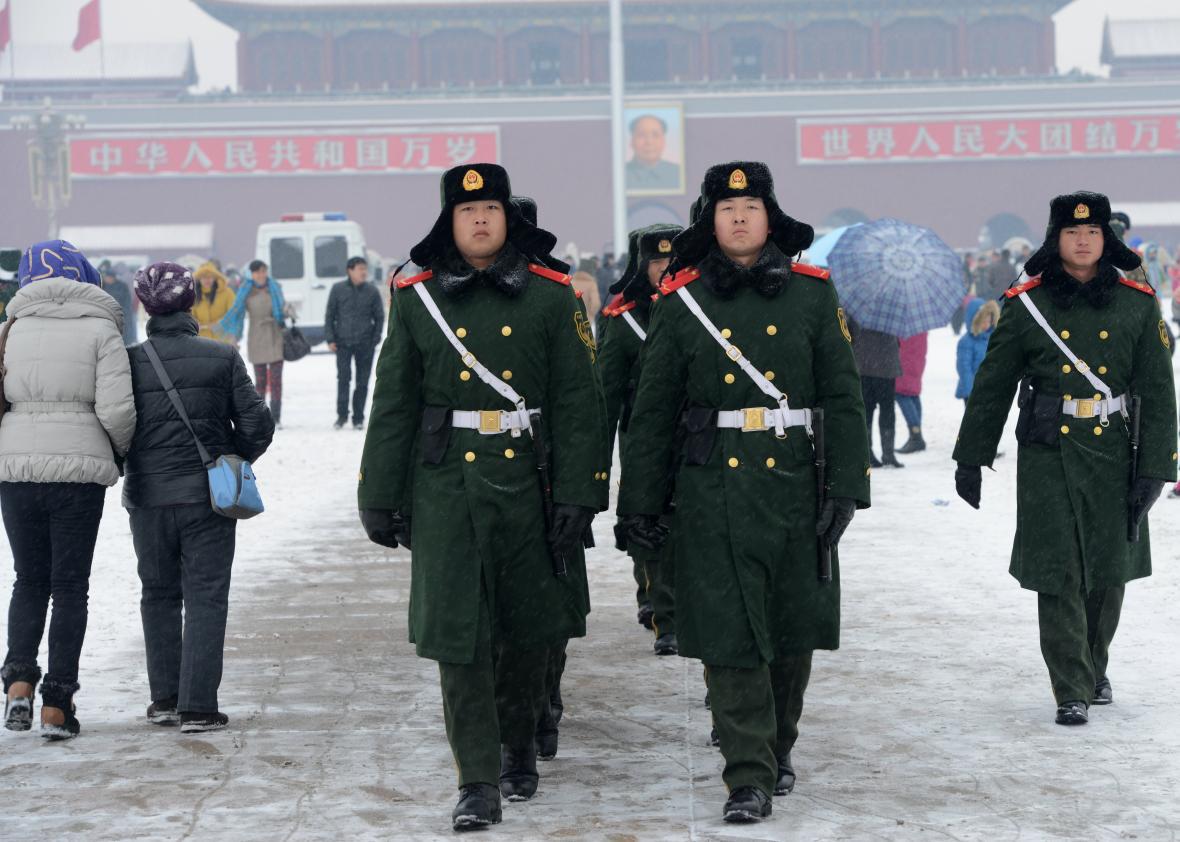Beijing will be the first city ever to host both the summer and winter Olympics after the IOC announced in Kuala Lampur, Malaysia, on Friday morning that the Chinese capital will be home to the 2022 Olympic games.
While it can get pretty chilly, Beijing isn’t typically thought of as a winter sports wonderland. Three inches of snow is considered a record-breaking blizzard there. The plan is to hold the snow-based competitions in Zhangjiakou in Heibei province, about 120 miles north of the city. After subtropical Sochi, a lack of snow is clearly not a dealbreaker for the IOC.
The candidate cities were down to just Beijing and Almaty, Kazakhstan, after a number of other cities including Krakow, Poland, and Oslo, Norway, dropped out of the bidding, many citing public opposition to the expense of hosting the games.
Despite Kazakhstan’s recent oil and gas-driven economic boom, Beijing was considered the safer choice. China proved during the 2008 Summer Games that it can put on quite a show, and the IOC can be fairly confident the country will have no trouble completing facilities on time, unlike some other recent and upcoming hosts. There are concerns about Beijing’s infamous smog, but the government is confident the air will be better in seven years—all the major coal plants around the capital are being taken offline next year. Despite similar worries about air quality last time around, the government was able to manufacture a few sunny days by temporarily shutting down factories near the city. The IOC will face criticism from human rights groups for yet another dictatorship-hosted games, but Kazakhstan is only marginally better on that score.
The decision comes the same week that Boston dropped its bid to host the 2024 Summer Games amid widespread public opposition and 2016 host Rio de Janeiro got more bad press around its preparations. Recent tests have show that the swimming and boating events in Rio will be held in what one scientist called “basically raw sewage”—not the sort of headline Brazilian officials probably had in mind when they bid for the games.
Around the world, publics officials are getting wise to the fact that huge sporting events like the Olympics and the World Cup usually don’t bring the promised economic benefits and aren’t great for publicity either (particularly for developing-world megacities with major infrastructure challenges like Rio). Increasingly, only resource-rich autocratic governments that don’t have to concern themselves with public opinion or civil society backlash are becoming interested in hosting such events.
Given how few cities at this point have the political ability to mount a successful bid, it’s certainly possible Almaty might get another shot.
